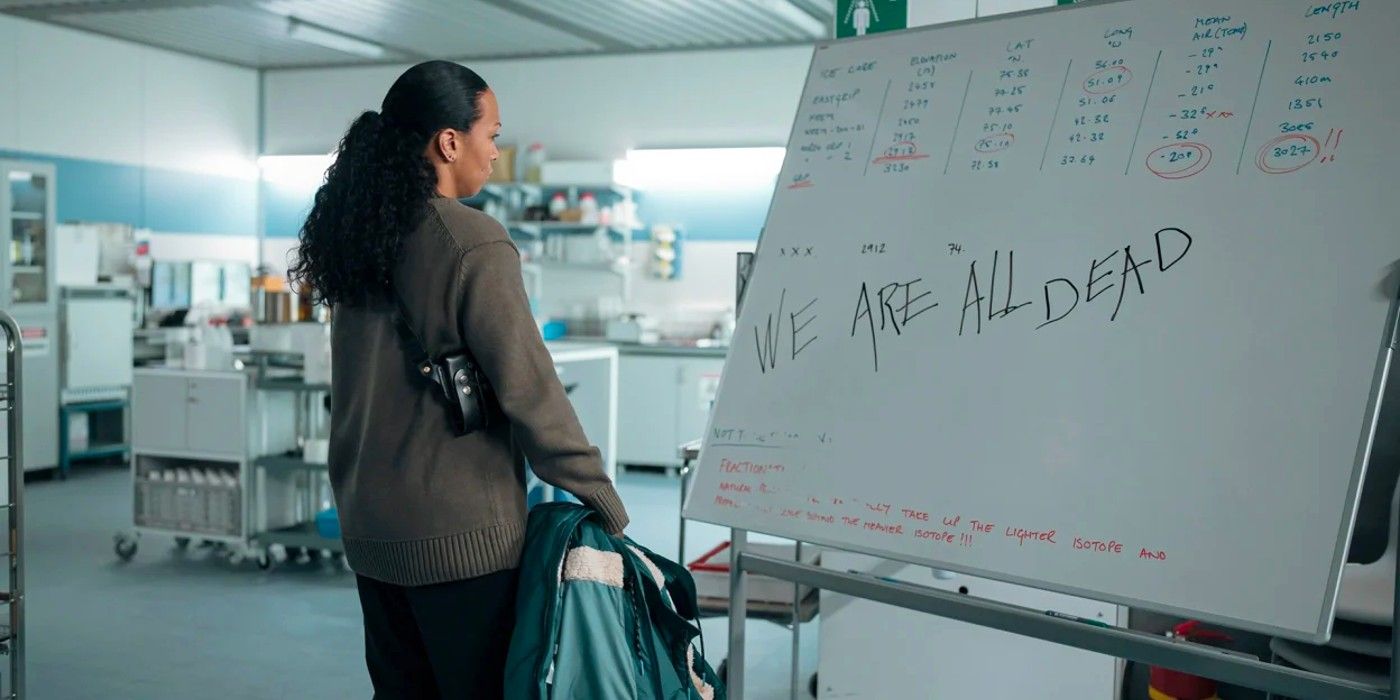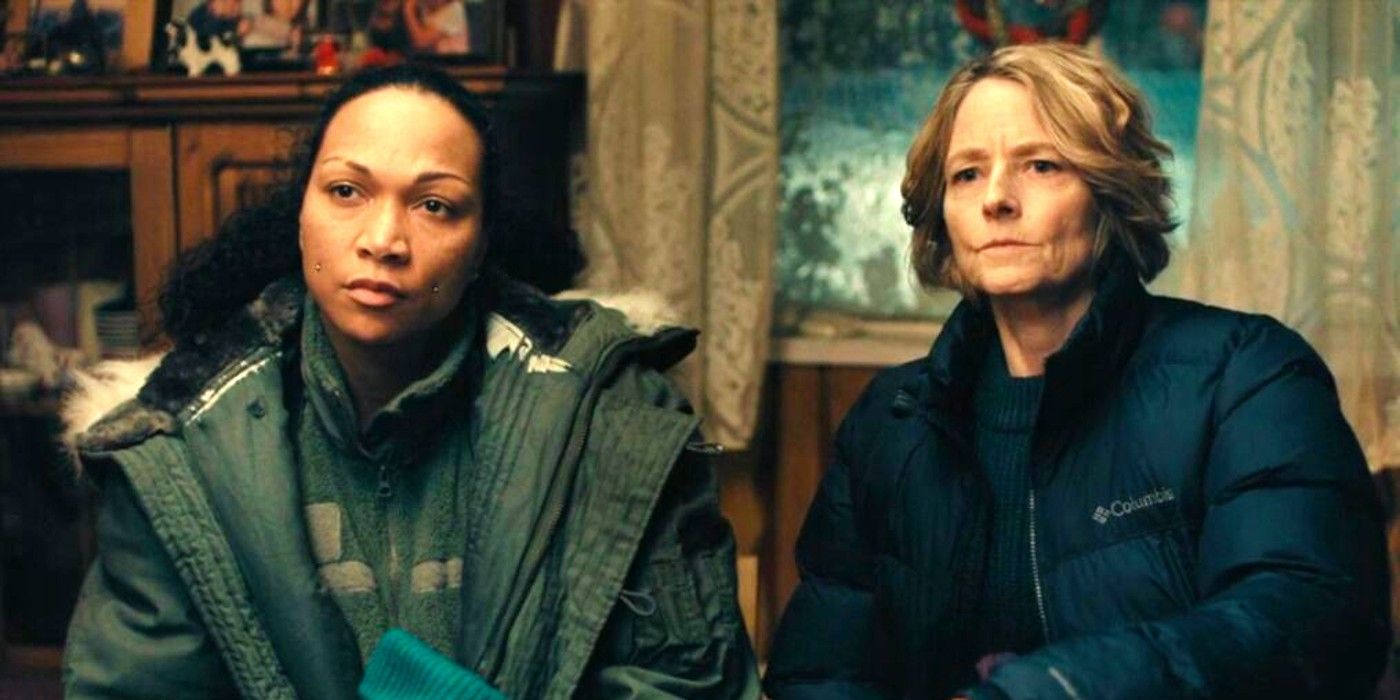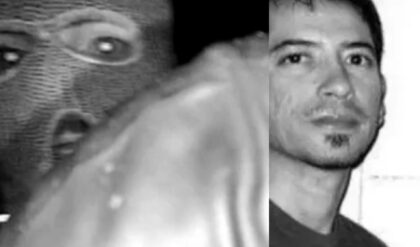True Detective: Night Country received mixed reviews, but it undoubtedly embraces a key season 1 theme, resolving the HBO show’s stance.
True Detective: Night Country sought to embrace the legacy of the HBO show’s iconic first season, including the exploration of one major thematic question. Like each season before it, True Detective: Night Country brought an entirely fresh cast, headlined by the legendary Jodie Foster. After years away from the series, season 4 attempted to simultaneously offer True Detective a fresh perspective while satisfying the desire for more of the atmosphere created by Nic Pizzolatto in season 1, which is considered one of the best single TV seasons ever due to its cross of dense philosophical concepts and engaging crime thriller.
True Detective season 2 received a primarily mixed reception, and season 3 was well-received but not as exciting as the first, resulting in the need for a new voice. Despite its many ties to season 1, True Detective: Night Country received mixed reviews, particularly after a divisive season finale, but performed well enough to ensure the show’s future, with a confirmed season 5. The mixed response is complicated to assess, as there are some positive takeaways from Night Country, including subtle thematic ties to the Matthew McConaughey and Woody Harrelson season.
True Detective: Night Country Confirms The Show’s Stance On Religion
True Detective Season 4 Embraces The Show’s Stance Against Organized Religion

True Detective has grappled with religious themes since season 1, which generally swayed toward being anti-religious. This served a distinct purpose due to its rural Southern environment, with McCoanughey’s Rustin Cohle considered an outcast among his peers, partially for his behavior and partially due to his differing world views. Woody Harrelson’s Martin Hart finds him difficult to get along with, especially when engaging in philosophical discussion. On religion, Rustin Cohle said, “You gotta get together, tell yourself stories that violate every law of the universe just to get through the goddamn day,” solidifying his nihilist stance.
Season 1 takes a primarily negative stance toward religion, while season 2 takes a differing stance, embracing spirituality more. True Detective: Night Country finally solidifies the show’s stance against organized religion. Symbolically, building toward the True Detective: Night Country ending, Jodie Foster’s Danvers throws away a crucifix, and Kali Reis’s Navarro directly rejects her mother’s Christianity. In its views on religion, True Detective season 4 is consistent with the opinions established by Pizzolatto in season 1.
True Detective’s Distinction Between Spirituality And Religion Is Crucial
True Detective Still Embraces Spirituality Despite Being Anti-Religious

While True Detective opposes doctrine, it generally embraces personal spirituality. The Tuttles in season 1 and the scientists in season 4 are portrayed as examples of organized bodies that make people obsessive, reflecting on those religious themes. Yet, it’s undisputable, particularly in season 4, how much mysticism and spirituality play a role in the developing plot. Religious themes in True Detective are complex, which is part of why the series is so respected.



